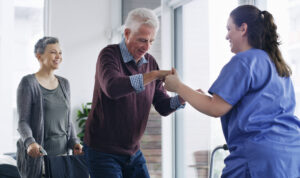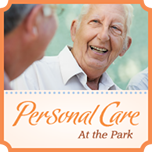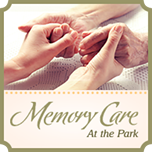
As we go through life, maintaining our mobility becomes important for staying independent and healthy. Mobility is more than just being able to move from one place to another; it includes things like keeping your balance, being flexible, and having strength. As we get older, these abilities can see a natural decline, making us more vulnerable to falls.
Understanding why it’s important for older adults to stay mobile and what typically leads to falls and accidents can help to discover simple ways to stay safe. Follow these steps to help you or a loved one feel empowered and more comfortable in promoting a healthy and happy lifestyle:
Muscle Weakness and Loss of Bone Density.
It’s expected for our bodies to go through changes as we age. Many people often experience a natural decline in both muscle mass and bone density, which leads to weaker muscles and bones. This can make it harder to keep your balance, increasing the chance of taking an unwanted tumble.
Step 1
Taking care of your muscles and bones doesn’t have to be complicated. Doing regular exercises, such as lifting weights and activities that put weight on your bones, can help keep you strong. Remember, take it slow, and don’t push yourself too hard to avoid an injury or strain. You can also eat foods rich in calcium and vitamin D to support bone health. Fruit, eggs, almonds, and leafy greens are easy to incorporate into your diet.
Medication Side Effects.
At times, the medications you’re prescribed can have differing side effects. Dizziness or drowsiness tends to be the most common. While each medication is there to help you, when or if they are taken together, they may create a sense of imbalance.
Step 2
There’s no need to worry – if you find yourself feeling out of sorts, chat with your healthcare provider. They may adjust your doses or suggest a different plan to keep you healthy and steady. Think of it as conquering the right dance moves for your body, so you can keep grooving through without any tumbles in the routine.
Cognitive Decline.
Sometimes your brain can forget its way around, making moving around a bit more confusing and riskier. For loved ones with dementia or Alzheimer’s, these cognitive changes can affect balancing abilities and increase the chances of falling.
Step 3
Creating a tidy, clutter-free environment with clear paths can help. Have regular chats with your doctors to make sure you are taking the right steps to stay on top of your diagnosis and its effects. Consider looking into simple steps and brain exercises that can keep you safe and sound as you go about your daily adventures. If you’re looking for somewhere to start, check out these helpful Creative Activities to Keep a Healthy.
Impaired Vision.
Our eyesight is one of the most common things affected by age. Vision often becomes more blurred and judging distance can become tricky. Imagine you’re wearing glasses that keep fogging up. Your surroundings may not look as clear as they used to.
Step 4
The good news is that running into challenges with your eyesight is an easy fix. Regular eye exams to give your vision a little tune-up will ensure your eyes are always in good shape. Staying on top of your sight will help you safely navigate your surroundings.
Lack of Physical Activity
When we’re not active, it’s as if our muscles are taking a nap. Our bodies have more difficulty moving around as they tend to be stiffer. If you find yourself or a loved one spending a lot of time sitting around, be wary of it making the muscles weaker and less flexible.
Step 5
Doing simple exercises like walking or stretching can wake up those muscles, improve flexibility, and help with your balance. It doesn’t have to be anything complex – go at your own pace! Exercising is also a great way to boost your mood. Adding a bit of movement into your daily routine will give your body the extra love and care it needs.











